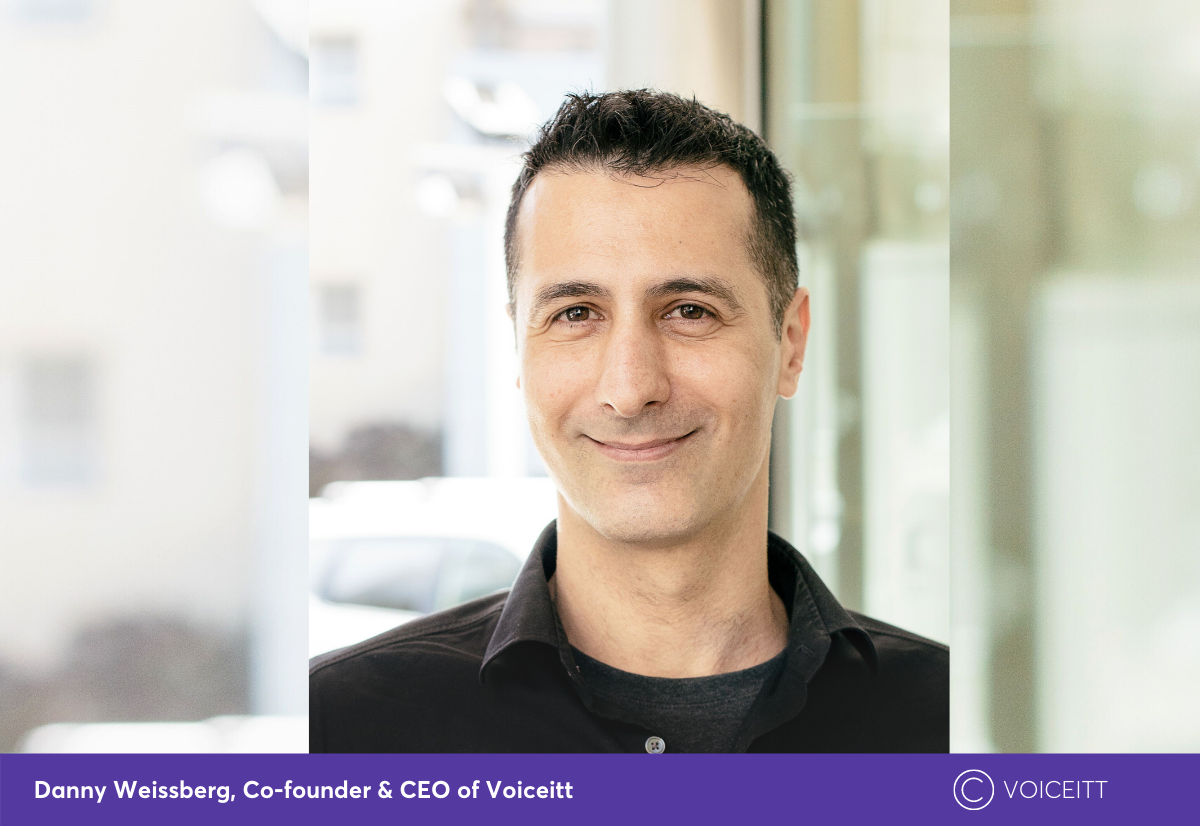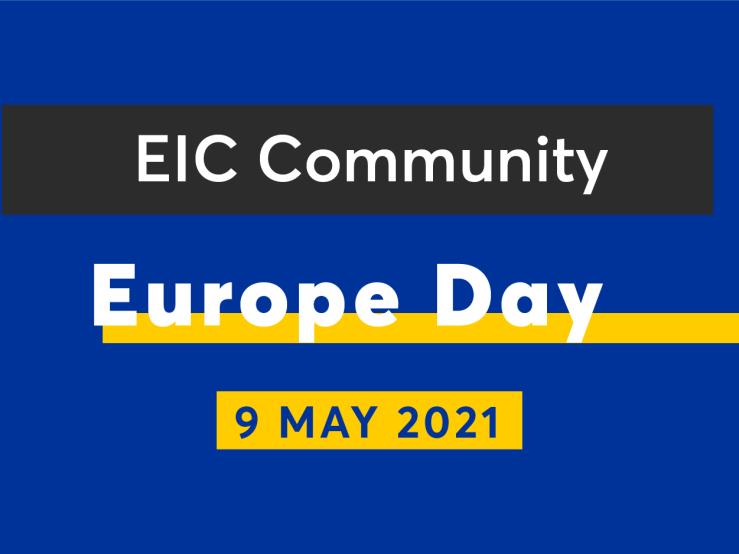Every 9 May, Europe Day is marked in the calendars to celebrate peace and unity throughout Europe. This year's commemoration is no exception, including the formal launch of the Conference on the Future of Europe. The large series of debates and discussions will enable citizens from every corner of Europe to share their ideas about the EU's fields of action. In the light of this date and event, the EIC Community sat down with 5 EIC-funded innovators to discover how they see the Future of Europe. With innovations ranging from health to climate change, social fairness or education, these 5 startups shared their ambitions and views on Europe's challenges.
Climate change: ROSI SAS
Worldwide urgent action is needed to reduce carbon emissions and mitigate the consequences of climate change. The startup ROSI – Return of Silicon is committed to a circular economy of Photovoltaics (PV), which is decisive in rendering PV sustainable and re-capturing the PV value chain for Europe. The company is offering innovative solutions for recycling and valorisation of raw materials. The technologies recover ultra-pure silicon and other metals currently lost during the production of photovoltaic cells and at the end-of-life of solar panels.
Yun Luo, the female CEO of the EIC-funded startup, highlighted the positive impact this innovation can bring to the sustainable future of Europe: "as a European deep-tech startup specialised in high-value raw material recycling, we are very confident in the positive impact that innovations and technologies can bring to climate change. The active support of EIC on technologies within the frame of ''Green Deal'' is a powerful acceleration force for the large-scale industrial deployment of innovative technologies."

Migration: Capito
In Europe, every country has immigrants struggling to understand information with language level in B2, C1 and C2. Alongside negative social impacts, the cost of illiteracy in the global economy is more than €1.1 trillion annually. Capito is a mobile application which translates any complex information to three easy to understandable language level, A1, A2 and B1 in German, English, Portuguese and Spanish.
Capito's founders, Walburga Fröhlich and Klaus Candussi are convinced that "to support the integration of people in their "host countries", it's needed accessible information in different languages. Otherwise, this will create excluded groups and bubbles unrelated to the country they live in and a broken social system". They are preparing the next stage of accessible information: "We are just launching a digital writing assistant that will help every communication worker to write in an understandable and gender-sensitive way. The AI project we are working on will fully automate this and bring us closer to Capito's vision: imagine a world where everyone can understand everything".
Economy, social justice and jobs: Voiceitt
To help people with disabilities get and keep a meaningful job, an EIC-funded company, Voiceitt, offers a gamechanger solution: a speech recognition technology to enable people with speech disabilities to communicate freely. By building voice-based assistive technologies and services that allow people with highly nonstandard (dysarthric) speech to interact and be understood by voice, Voiceitt aims to increase autonomy for millions in need, with any languages or dialect as their mother tongue.
According to Danny Weissberg, Co-founder & CEO of Voiceitt: "The future of Europe is an inclusive Europe. For public systems and policies to be inclusive and efficient, all segments of Europe's population need to be considered - including the individual with disabilities who relies on technologies like Voiceitt to express what their needs are, to ask questions, and to be considered and understood."

Education: Edurio
Edurio's platform allows school networks to regularly collect and analyse feedback surveys from students, parents and teachers. With this platform, schools can analyse recommendations to set educational priority areas and define future actions.
Ernest Jenavs, CEO of Edurio, shared his views on the future of education in Europe: "The period of disruption that education has experienced throughout Europe can also serve as a springboard for a monumental shift. It is important that school systems further develop the use of technology and flexible learning arrangements, and collaboration between school staff to deliver excellent learning. Student and staff well-being must be central to the provision of education. If we are successful with this, Europe will be able to make the education system far more resilient, equitable and applicable for all students."

Cybersecurity: ProtonMail
When we exchange emails, we often share sensitive information and details that may compromise our work or personal lives. ProtonMail is an award-winning product providing encrypted email services to millions of users. This EIC-funded project presents an innovative solution with built-in end-to-end encryption and the latest security features, giving users complete control of their data, protecting the privacy and security of their personal information.
Andy Yen, Founder and CEO of ProtonMail, highlighted the importance of upholding democratic rights online: "We strongly support the EU's ambition to achieve digital sovereignty in an open and free market. We also hope Europe will continue to pursue policies which empower people, encourage Europe's innovative tech scene and ultimately create a human-centred, rule-based, sovereign and sustainable digital future. As a European company with a vision for a privacy-by-default internet, we want to contribute to not only digitalisation but to upholding democratic rights online."


DISCLAIMER: This information is provided in the interest of knowledge sharing and should not be interpreted as the official view of the European Commission, or any other organisation.

